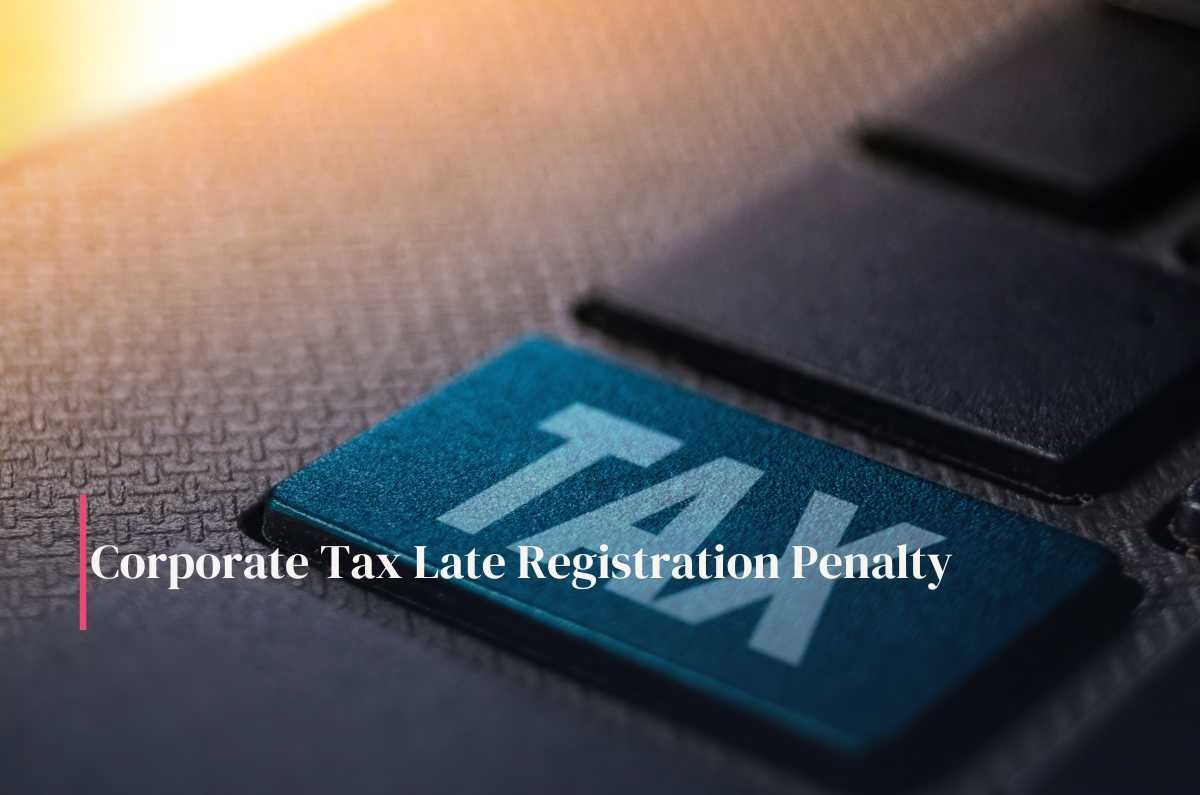The Ministry of Finance has recently announced significant updates to tax regulations in the United Arab Emirates (UAE), introducing a new penalty of Dh10,000 for late registration of corporate tax. This fine, announced through Cabinet Decision No. 10 of 2024, aims to incentivize timely compliance with tax regulations and aligns with penalties for late registration of excise tax and value-added tax (VAT).
Late registration for corporate tax is now subject to the same penalty amount as late registration for other tax types, emphasizing the importance of adhering to tax deadlines to avoid financial repercussions. This amendment, which modifies the schedule of violations and administrative penalties outlined in Cabinet Decision No. 75 of 2023, underscores the government’s commitment to fostering tax compliance among businesses operating in the UAE.
Effective from March 1, 2024, the new fine for late corporate tax registration complements existing penalties imposed by the Federal Tax Authority (FTA) for violations related to the application of the Corporate Tax Law. These penalties, which came into effect on August 1, 2023, underscore the government’s firm stance on enforcing tax regulations to ensure fairness and transparency in the tax system.
It’s essential for businesses to understand their obligations under the Corporate Tax Law, which came into effect on June 1, 2023. With a corporate tax rate of nine percent applicable to companies with profits exceeding Dh375,000, businesses must ensure timely registration and compliance to avoid penalties and maintain regulatory compliance.
In December 2023, the FTA released a comprehensive guide outlining the criteria for entities subject to corporate tax in the UAE. This guide serves as a valuable resource for natural persons and businesses operating in the UAE, providing clarity on tax obligations and outlining the necessary steps for compliance. It is imperative for taxpayers to familiarize themselves with this guide and other relevant materials available on the FTA’s website to ensure adherence to tax regulations.
Recognizing the challenges faced by small businesses, the UAE government has introduced the Small Business Relief (SBR) initiative to ease the implementation of corporate tax. Available to resident taxable persons with gross business income of up to Dh3 million in the relevant tax period and previous tax periods ending on or before December 31, 2026, this relief measure aims to support the growth and sustainability of small enterprises in the UAE.
In conclusion, the introduction of a new fine for late corporate tax registration underscores the UAE government’s commitment to promoting tax compliance and transparency. Businesses must remain vigilant in meeting their tax obligations, staying informed about regulatory updates, and taking proactive measures to ensure timely registration and compliance with the Corporate Tax Law.





